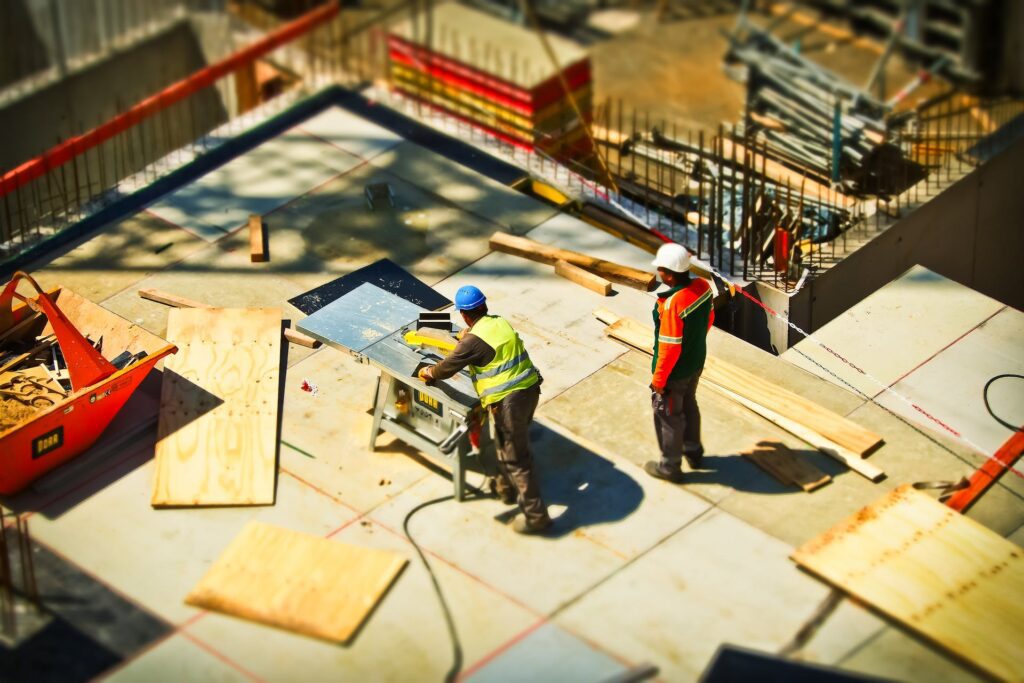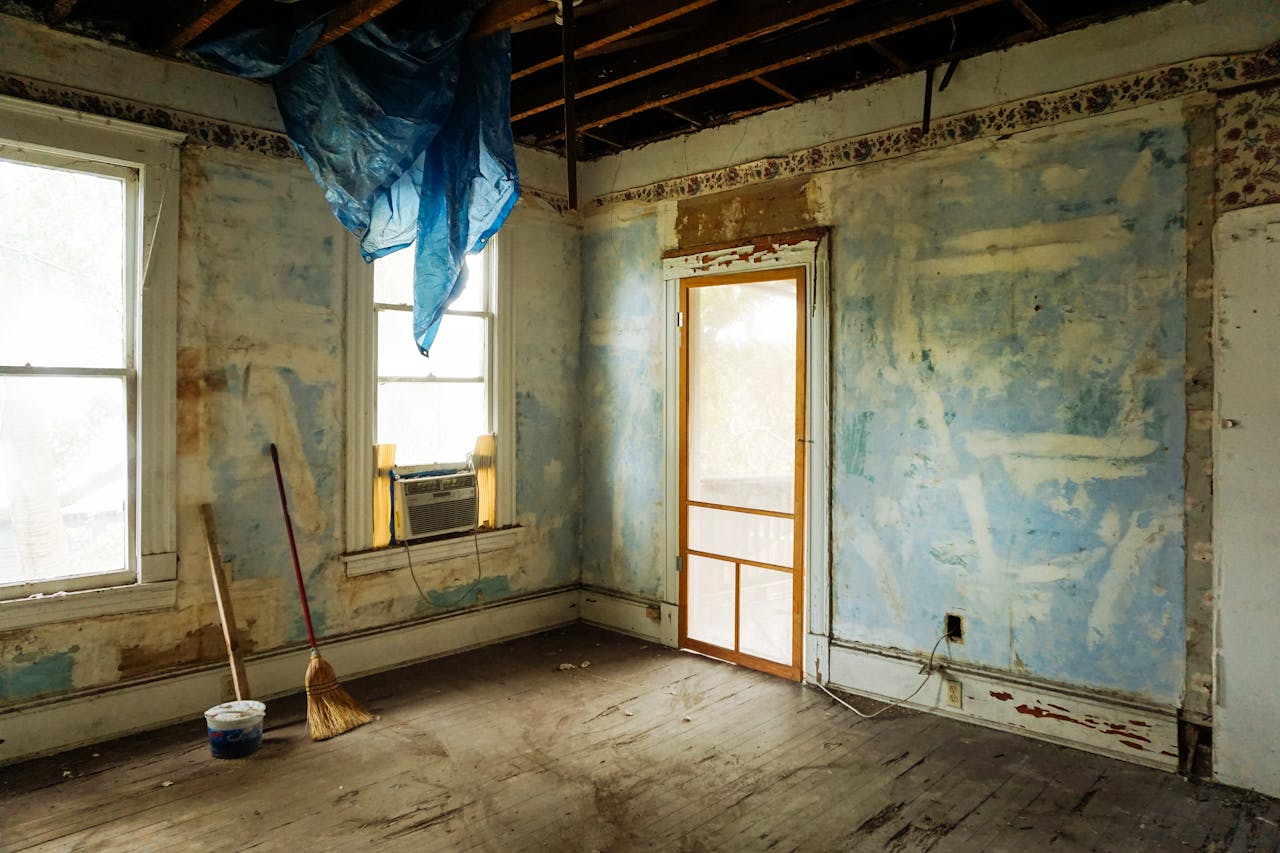Renovating your home is one of the most exciting ventures you can take as a homeowner. Whether you’re transforming your kitchen into a chef’s dream, creating a cozy basement retreat, or adding an entire floor to accommodate a growing family, home renovations have the power to improve your lifestyle and increase your property’s value. However, while you may have your budget set for the main elements of your renovation, hidden costs can unexpectedly arise and quickly derail your financial plans.
For homeowners in Toronto and the GTA (Greater Toronto Area), understanding these hidden renovation costs is crucial. Factors like regional permitting, fluctuating material prices, and unpredictable delays can lead to unpleasant surprises that inflate your renovation budget. This guide will outline the various hidden costs involved in home renovations and provide tips on how to plan for them, ensuring your project stays on track and within budget.
Table of Contents
- Permit and Inspection Fees: More Than Just Paperwork
- Typical Permit Costs in Toronto
- Inspection Fees: Ensuring Safety and Compliance
- Tips to Avoid Permit and Inspection Budget Surprises
- Unforeseen Structural Issues: What Lies Beneath
- Common Structural Problems in Older Homes
- Dealing with Foundation Issues, Asbestos, and Outdated Electrical Systems
- How to Plan for Structural Surprises
- Material Costs: The Price of Going Premium
- Understanding Material Cost Fluctuations
- Choosing Between Premium and Standard Materials
- Managing Material Overages and Waste
- Labour Costs: More Than Just a Day’s Work
- What Affects Labour Costs: Complexity, Specialization, and Delays
- Hiring Licensed Tradespeople: Electrical, Plumbing, and HVAC
- Tips to Manage and Control Labour Costs
- Delays and Project Extensions: Time is Money
- Common Sources of Renovation Delays
- How Weather, Permitting, and Contractor Availability Impact Timelines
- Strategies to Minimize Delays and Keep Projects on Schedule
- Living Expenses During Renovation: A Hidden Budget Killer
- Temporary Housing and Storage Fees
- Additional Commuting and Meal Costs During Renovations
- How to Plan for Living Expenses When Renovating
- Financing and Interest Costs: The Price of Borrowing
- Interest Rates and Loan Origination Fees
- Managing Long-Term Financing Costs for Large Renovation Projects
- Alternatives to Reduce Borrowing Expenses
1. Permit and Inspection Fees: More Than Just Paperwork
Before any home renovation project can commence in Toronto, homeowners must secure the proper permits. Many homeowners overlook this cost or underestimate its impact. Permit fees vary depending on the scope and type of renovation you’re undertaking, and failing to obtain the necessary permits can result in fines, penalties, and potentially undoing your hard work.
Typical Permit Costs in Toronto:
- Building Permits: Required for structural changes such as adding a new room, tearing down walls, or building an extension. Fees for building permits in Toronto range from $100 to $300 or more, depending on the size of the project.
- Plumbing and Electrical Permits: If your renovation involves reworking plumbing or electrical systems, separate permits are needed, which can add an additional $50 to $200 to your costs.
- Heritage and Zoning Permits: For older or heritage homes in Toronto, additional permits might be required, which can bring further costs and delays.
Inspection Fees:
Beyond permits, renovations often require several inspections throughout the process to ensure compliance with safety and building codes. These inspections also come with associated fees that can range from $100 to $200 per inspection, with multiple inspections necessary for complex projects.
Tips to Avoid Budget Surprises:
- Work with a reliable contractor who is familiar with Toronto’s permitting process.
- Include a buffer for permit costs in your budget—many projects end up needing additional permits midway through construction.
2. Unforeseen Structural Issues: What Lies Beneath

Once demolition begins, your renovation project may reveal unexpected structural issues. These could range from deteriorating support beams to outdated wiring, all of which require immediate attention and add significant costs to your project.
Common Unforeseen Issues:
- Foundation Problems: Cracks, settling, or water damage in your home’s foundation may not be visible until renovations begin. Fixing foundation issues can cost anywhere from $2,000 to $10,000 or more, depending on the severity.
- Asbestos Removal: Older homes in Toronto, especially those built before the 1980s, may contain asbestos in insulation, flooring, or roofing materials. Asbestos removal requires specialized professionals and can add thousands to your renovation budget.
- Electrical and Plumbing Upgrades: When updating older homes, you may need to replace old electrical wiring or plumbing systems to meet current codes. Rewiring a house, for instance, can cost between $5,000 and $15,000 depending on the size of the home.
Tips to Manage Structural Surprises:
- Conduct a thorough home inspection before starting your renovation to uncover potential issues early.
- Build a contingency fund of at least 10-15% of your renovation budget to cover any unexpected costs.
3. Material Costs: The Price of Going Premium
Materials are a significant part of any renovation budget, and their costs can vary greatly. Many homeowners assume they can stick to a specific material cost, but fluctuations in material prices and the desire for premium finishes can easily inflate the budget.
Factors Driving Up Material Costs:
- Supply Chain Disruptions: Global supply chain issues have affected the availability of building materials, leading to price increases for items like lumber, drywall, and steel.
- Custom or Imported Materials: If you opt for custom cabinetry, premium countertops, or imported tiles, your costs will skyrocket. For instance, high-end quartz countertops can cost $100 to $200 per square foot compared to $50 to $80 for more standard materials.
- Waste and Overages: Contractors typically order more material than is needed to account for waste, damage, or errors during installation. This can add an additional 10-15% to your material costs.
Tips to Manage Material Costs:
- Research alternative materials that offer the same aesthetic appeal but at a lower price point.
- Ask your contractor to provide options for materials that are in stock locally to avoid supply chain-related cost increases.
4. Labour Costs: More Than Just a Day’s Work
Labour is one of the most expensive components of any renovation project. While many homeowners budget for the hours or days they believe the work will take, labour costs can rise due to the complexity of the project or the experience level of the tradespeople required.
What Drives Up Labour Costs:
- Complex Projects: More intricate renovation designs—such as custom millwork, built-in shelving, or intricate tile work—require more hours and specialized skills, increasing labour costs.
- Specialized Tradespeople: Hiring licensed plumbers, electricians, or HVAC technicians is more expensive than general labour, but it’s essential for ensuring your renovation meets Toronto’s building codes.
- Unexpected Delays: Renovation delays—caused by weather, material shortages, or unforeseen structural issues—mean your contractors are on the job longer, resulting in higher labour costs.
Tips to Manage Labour Costs:
- Get multiple quotes from contractors to compare prices, but don’t just go for the cheapest option.
- Establish a detailed project timeline with your contractor to avoid unnecessary delays and track progress.
5. Delays and Project Extensions: Time is Money

Time-related costs are often overlooked by homeowners during the planning stages. Delays in your project timeline, whether due to bad weather, slow material deliveries, or contractor scheduling issues, can cost you more money.
Common Sources of Delays:
- Weather: In Toronto, the cold winters and wet springs can halt outdoor renovation work, leading to project extensions.
- Permitting Delays: Approval for permits or zoning variances can sometimes take longer than expected, particularly for larger projects or homes in heritage districts.
- Contractor Availability: Popular contractors may have busy schedules, which could delay your project if you’re not proactive in securing their services.
Tips to Minimize Delays:
- Plan renovations during the off-season (late fall or early winter) when contractors are more available.
- Stay on top of your permit applications to avoid waiting for approvals mid-project.
6. Living Expenses During Renovation: A Hidden Budget Killer
Many homeowners forget to factor in the cost of living elsewhere while their home is under renovation, particularly if the project is extensive and renders your home uninhabitable. Whether you’re staying at a hotel, renting an apartment, or temporarily moving in with family, these living expenses can add up quickly.
Types of Living Expenses:
- Temporary Housing: Depending on the duration of your renovation, renting an apartment or staying in a hotel can cost anywhere from $1,500 to $5,000 per month in Toronto.
- Storage Fees: If you need to move furniture and belongings out of your home during the renovation, you’ll need to rent a storage unit, which can cost $100 to $300 per month.
- Commuting and Meal Costs: Living further from work or school during a renovation may increase your commuting expenses. Plus, eating out more often can strain your budget.
Tips to Avoid High Living Costs:
- Ask your contractor for a realistic project timeline so you can budget for temporary living arrangements.
- If possible, renovate in phases to avoid having to move out completely.
7. Financing and Interest Costs: The Price of Borrowing
Many homeowners finance their renovation projects through loans, lines of credit, or mortgage refinancing. While this allows for larger, more ambitious renovations, the interest rates and fees associated with these financing methods can add significantly to the overall cost.
Common Financing Costs:
- Interest Rates: Home equity lines of credit (HELOCs) and personal loans come with interest rates that range from 4% to 10%, depending on your credit score and lender.
- Loan Origination Fees: Some lenders charge fees for setting up renovation loans, which can range from 1% to 5% of the loan amount.
Tips to Minimize Financing Costs:
- Shop around for favorable interest rates and consider fixed-rate options to avoid variable-rate increases.
- Use your own savings where possible to minimize reliance on high-interest loans.
Conclusion: Planning Ahead for Hidden Renovation Costs
Home renovations can transform your living space and increase the value of your Toronto home, but without careful planning, hidden costs can push your budget beyond its limits. By factoring in expenses like permits, unforeseen structural issues, labour, and living costs, you can better prepare for your renovation journey and keep surprises to a minimum.
Working with an experienced and transparent contractor, like David Reno, can help ensure your renovation runs smoothly. Our expertise in handling projects of all sizes, from kitchen makeovers to full custom home builds, ensures that every detail is taken care of, including navigating the hidden costs that can arise.
By staying proactive, budgeting for the unexpected, and working with the right professionals, you can enjoy the home of your dreams without financial strain. Whether you’re planning a kitchen renovation, a basement remodel, or a complete custom home build, David Reno is here to guide you every step of the way, offering budget-friendly solutions without compromising on quality.

